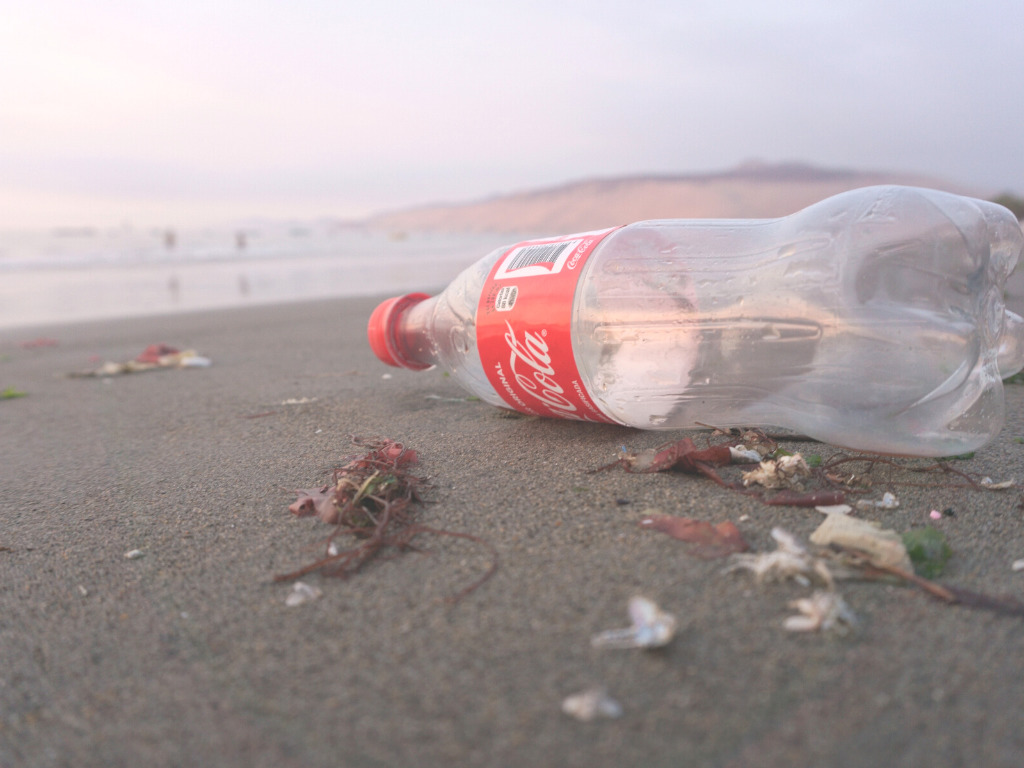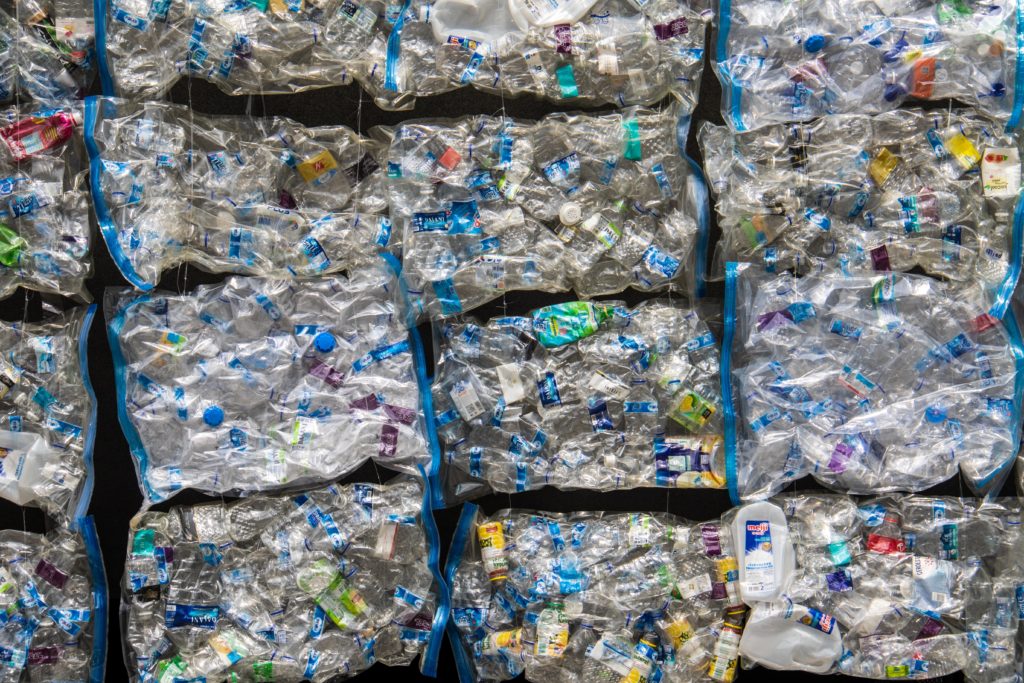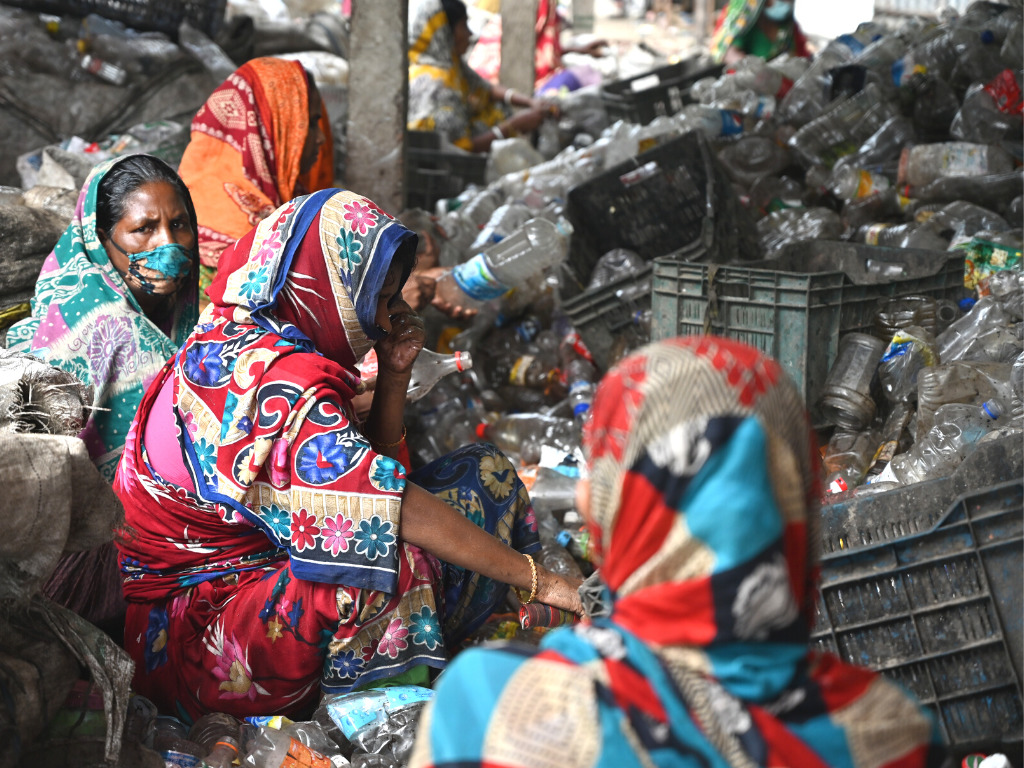4 Mins Read
In what’s being hailed as an historic moment in the fight against plastic waste, the United Nations has adopted a resolution that will hold member nations legally accountable for their contributions to the global plastic pollution crisis.
“Plastic pollution has grown into an epidemic. With today’s resolution we are officially on track for a cure,” Espen Barth Eide, Norway’s minister for climate and the environment and president of the UN Environment Assembly said during the third day of the biennial U.N. Environment Assembly taking place in Nairobi this week.
According to the resolution, an international committee will be formed to set the treaty’s terms by the end of 2024.
“This is the most significant environmental multilateral deal since the Paris accord,” said Inger Andersen, executive director of UN Environment Program. “It is an insurance policy for this generation and future ones, so they may live with plastic and not be doomed by it.”

“With plastic pollution getting worse every day, there is no time to waste,” said Rwandan Environment Minister Jeanne d’Arc Mujawamariya. “This decision is a historic milestone in the global effort to prevent our planet from drowning in plastics.”
The mandate covers all phases of the plastic life cycle from design and production, to waste management, according to The Washington Post.
Too much plastic
The news comes on the heels of a report released last month that found there has already been more plastic produced than the planet can handle. Approximately 11 million metric tons of plastic enter the oceans every year, posing threats to marine life and the ocean floor’s ability to sequester carbon. Plastic production is responsible for at least five percent of all global greenhouse emissions. The U.S. is the world’s biggest plastic producer, with approximately 287 pounds of plastic for every person.
“The high and rapidly increasing levels of plastic pollution represent a serious environmental problem at a global scale,” reads the resolution, adding “the urgent need to strengthen global coordination, cooperation and governance to take immediate actions toward the long-term elimination of plastic pollution.”
But experts say the path to the treaty will not be without its challenges. The committee will need to determine reporting standards, financing, and plastic production itself.
“The fact that they are headed toward binding rules I take as a very good sign,” Steven Blackledge, who runs the conservation program at the nonprofit group Environment America, told the Washington Post. “The devil is in the details.”
But for now, environmentalists are hailing it as a victory.
“There were efforts to weaken the language on health that failed,” said Bjorn Beeler, the international coordinator at the International Pollutants Elimination Network, an advocacy and research group. Although he said he would have liked a more explicit mention of the chemical additives in plastics, that language was “negotiated out.”

“This is just an amazing show of what the world can do when we work together,” said U.S. delegate Monica Medina, the assistant secretary of state for oceans and international environmental and scientific affairs. “It is the beginning of the end of the scourge of plastic on this planet. … I think we will look back on this as a day for our children and grandchildren.”
Plastic bans
Measures to curb plastic waste are already in place in some parts of the world.
In the U.S., there are bans on plastic bags and some single-use items including polystyrene and plastic cutlery.
France has bans on plastic bags and single-use plastic plates, cups, and cutlery.
In Kenya, where the Assembly is being held, the country leads the world with bans on the manufacturing, importing, and sale of plastic bags, with steep penalties for violations.
Most recently, Chile announced an aggressive step-up program that will see the South American country mandate returnable bottles in stores and warehouses by 2023. By 2024, restaurants and foodservice locations will only be able to use recyclable or reusable containers and cutlery for take-out options.
Photo by Mumtahina Tanni from Pexels



